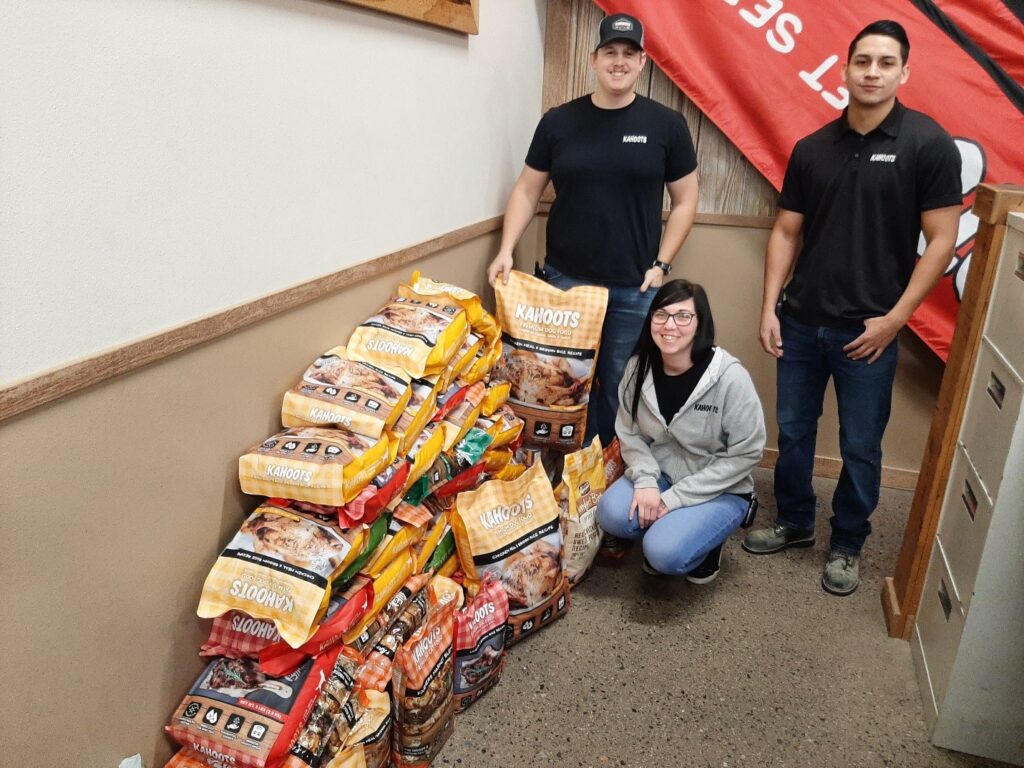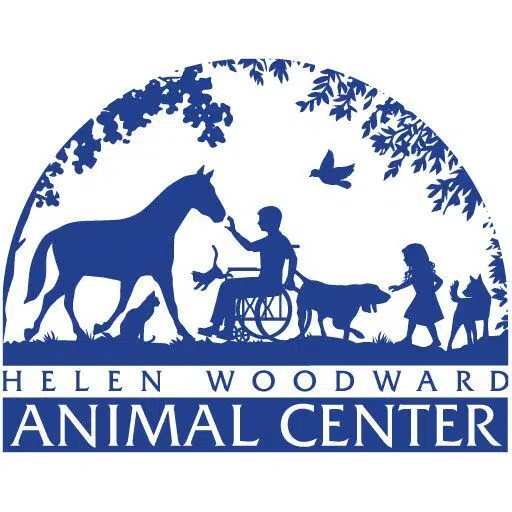Pet Food Donations for Dogs and Cats
In 2022, the USDA reported that 17.3 percent (6.4 million) of households with children faced food insecurity. Amidst rising inflation and economic challenges, a beacon of resilience shines through—the unwavering bond people share with their pets. Pets, providing steadfast companionship, become a source of solace during difficult times and that is why pet food donations are important.
This underscores the significance of extending support beyond addressing human food insecurity to also encompass the needs of beloved pets. The mission of AniMeals is dedicated to precisely this cause, ensuring that pets can stay with their owners despite logistical or financial obstacles. AniMeals orchestrates the packaging and delivery of individualized pet food to those facing challenges such as homebound and low-income elderly individuals, disabled veterans, and the homeless.
Pet Food Donations for Dogs and Cats play a crucial role in alleviating food insecurity for both humans and their animal companions. Many pet owners share their meals with their pets, underlining the interconnectedness of their well-being.
The Importance of Pet Food Donations
Donations of pet food help prevent pet owners from sacrificing their own nutritious meals to feed their companions. This addresses a fundamental aspect of pet care—nutrition. Proper nourishment and a consistent diet are vital for the health, longevity, and vitality of our four-legged friends. Beyond sustaining bowls, pet food donations ease the financial strain on families facing economic hardships, ensuring that pets remain with their loving owners rather than being surrendered to shelters.
Most importantly, the act of donating pet food is a tangible expression of compassion, fostering a community that values and prioritizes the well-being of every furry companion. It reinforces the belief that no being, whether human or pet, should go hungry.
How to Donate Pet Food
Finding Local Shelters or Organizations
Most local animal rescue organizations have references for either their pet food donation programs or local pet food pantries. You can use this tool to find a reputable pet shelter near you: Shelter Map. Some food pantry organizations associated with Feeding America or local food banks may also accept Pet Food Donations.
Assessing Pet Food Needs
Reach out to specific organizations before collecting or bringing pet food donations. Some organizations may be species-specific, focusing on particular animals. Animal rescue shelters may have specific dietary preferences for their pets, directing you towards the food products that will make a more significant impact.
Checking Expiration Dates
Ensure that donations are within the expiration date for safe consumption. Opened packages of dry dog food may be useful, depending on their condition, while opened canned food should not be donated.
Packaging and Labeling Donations
Have the original packaging or labeling ready for the pet food or provide a list of ingredients. Some pets may have allergies or sensitivities, and this information is crucial for their well-being.
Delivering the Donations
Call ahead before delivering donations, especially if you are seeking an in-kind donation receipt. Some organizations may have contactless drop-off bins for 24/7 donations.
Organizing a Pet Food Drive
Organizing a successful Pet Food Drive requires careful planning and community engagement. Establish clear goals, create designated drop-off points, and collaborate with local businesses, veterinary clinics, or community centers. Utilize social media and local news outlets to spread the word, emphasizing the impact on both pets and their owners.
Consider working with organizations like Helen Woodward Animal Center to identify the most in-demand types of food for their AniMeals program. Make the experience enjoyable for participants by providing updates on the drive’s progress and expressing gratitude for their contributions.
Benefits of Pet Food Donations
Pet food donations offer numerous benefits, starting with addressing the fundamental need for proper nutrition among animals. By providing sustenance to pets in need, these donations contribute to their overall health and well-being. Additionally, such initiatives alleviate financial burdens on struggling pet owners, enabling them to redirect limited resources to other essential needs like healthcare and housing.
These donations also play a crucial role in supporting local animal shelters and rescue organizations, ensuring they can continue their vital work in rehoming and caring for pets. Moreover, these donations foster a sense of community and empathy, creating a shared commitment to the welfare of animals and strengthening the bond between pet owners and their beloved companions.
Now equipped, you can take steps to combat food insecurity for both humans and their pets by organizing your own Pet Food Donation Drive or bringing unused and unexpired pet food to your nearest animal rescue organization.
If you are local to San Diego and want more information on our AniMeals program, visit Helen Woodward Animal Center’s AniMeals program. Want to volunteer for the AniMeals program at Helen Woodward Animal Center? Email volunteers@animalcenter.org to get involved!



